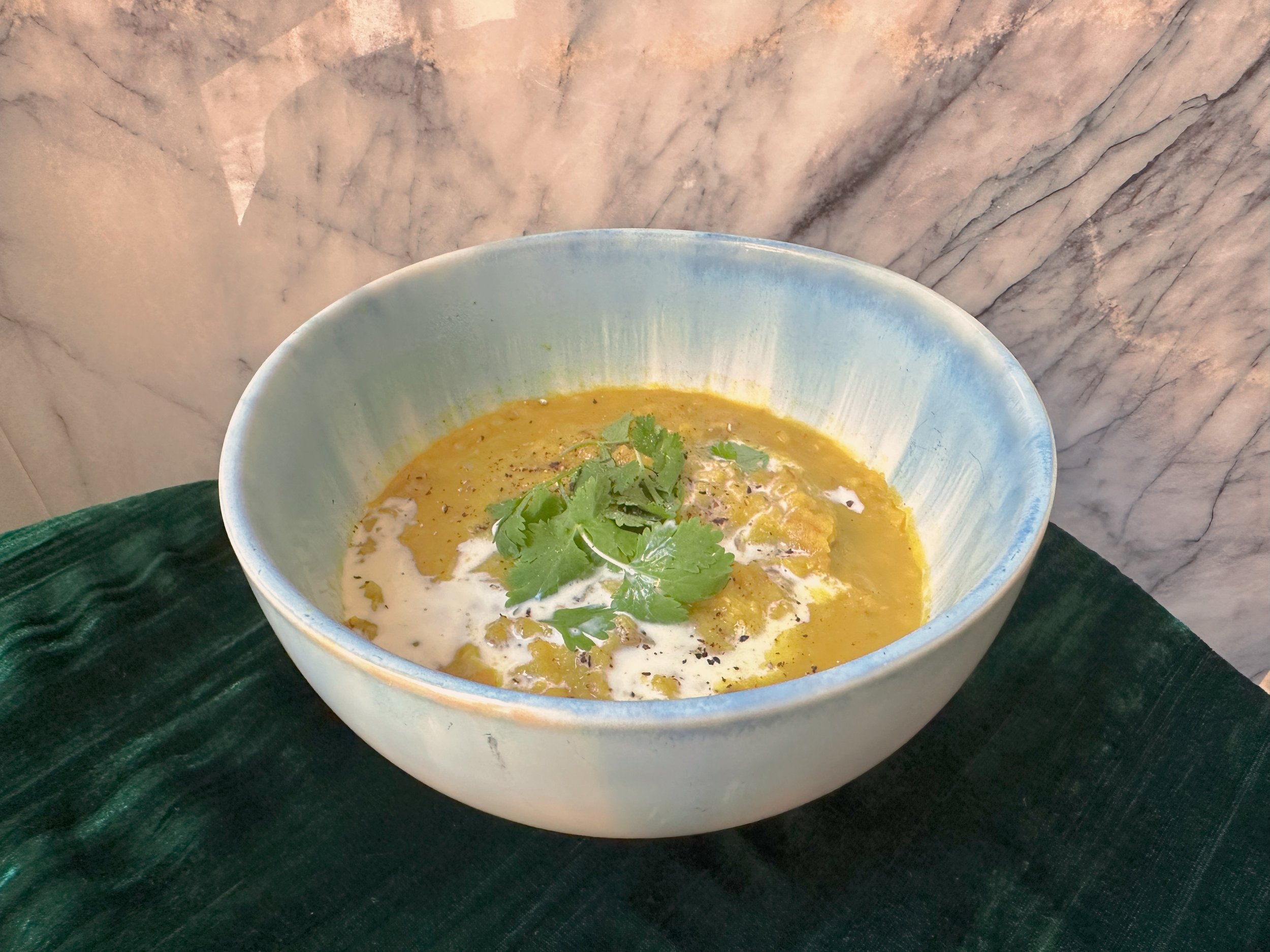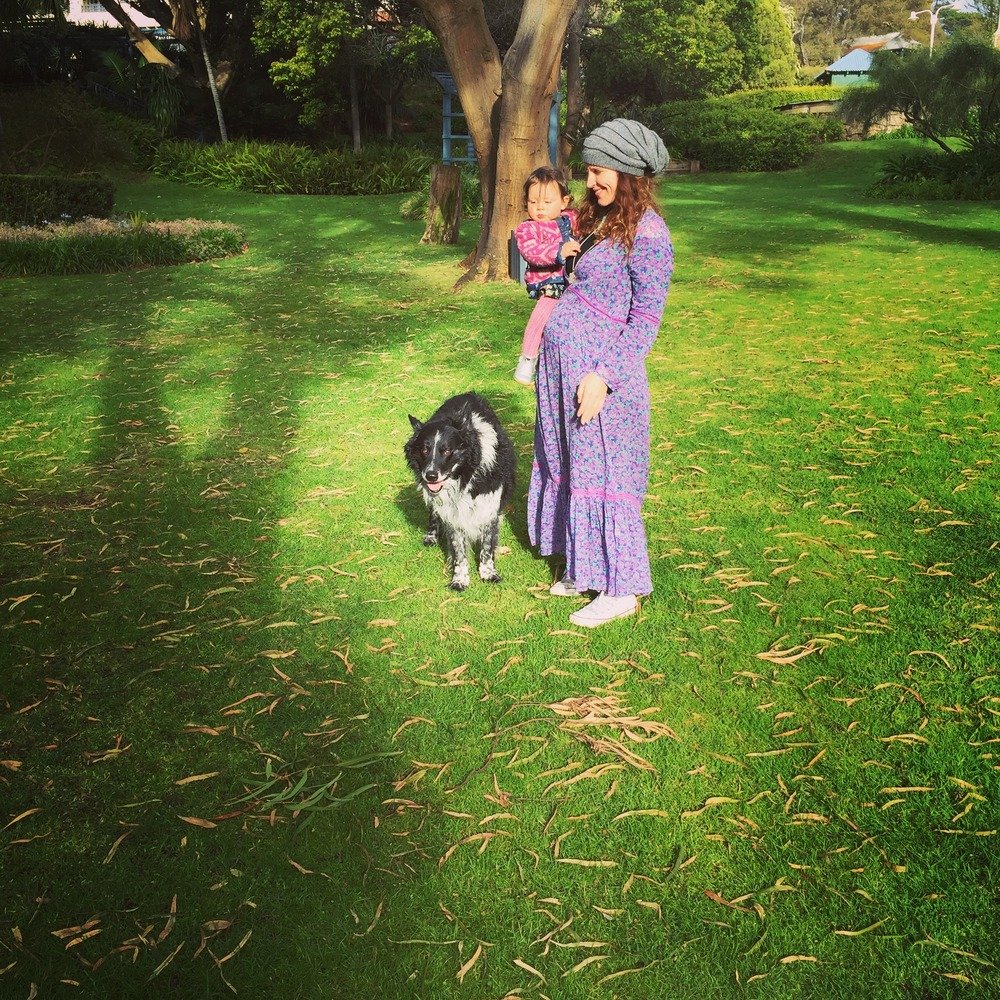Should you become Vego to enhance your fertility? Maybe
/Ovulatory infertility accounts for about 25% of all infertility cases. This is when ovulation fails to occur or occurs irregularly and is most common in women experiencing Polycystic Ovarian Syndrome aka PCOS. A 2008 study* that followed 18555 women over 8 years found that the more meat in the diet, the greater the incidence of ovulatory infertility. And further, women who ate mainly vegetarian sources of protein where half as likely to have fertility issues as their meat eating counterparts. The authors concluded that focusing on mainly vegetarian sources of protein may enhance fertility.
I don’t think we should use this as a basis to completely toss all animal meats during preconception for most people. Organic, grass fed meat is an excellent source of essential minerals and fats that you need when making a baby, and traditional chinese medicine recommends building the blood with animal meats when wanting to conceive - albeit meat was much rarer for most of the world’s population in the past due to expense and availability, and so wasn’t consumed every day and at most meals, like it commonly is nowadays. Everybody would do well to have a couple of vegetarian days per week.
Conversely if you would like to continue your preconception and pregnancy journey as a vegetarian, all the power to you, you can absolutely do this with excellent nutrition and health.
There’s a few issues that may have impacted the results of this study. People with vegetarian diets tend to eat a wider variety of plant foods overall and therefore tend to enjoy better health. Those that eat a lot of meat are not only consuming less vegetables, but are perhaps more likely to be consuming fast and convenience foods such as from the local takeout, rich in unhealthy fats that contribute to inflammation and your glycemic index. The diet data was collected via survey four years prior to the study’s conclusion, so there’s plenty of time for individual diet choices to change and more rigorous and thorough study is required to clarify the results.
However, the association with meat eating and ovulatory infertility was significant so it’s worth considering. It was found that high intakes of chicken and turkey had the biggest association with ovulatory infertility, and red meat to a lesser extent. Eggs and fish didn’t have a negative effect. Consuming foods rich in vegetable protein had a slightly positive effect however. Vegetarians who ate more carbohydrates and less vegetarian protein also had higher incidence of ovulatory infertility. The consumption of good quality vegetarian protein seemed to be the ticket. And importantly, the positive effects of eating vegetable protein and negative effects of eating animal protein was more prominent in women over the age of 32. For younger women the types of protein didn’t seem to have an effect.
As always, moderation is key. This study is saying that with women who exhibit problems with ovulation - which was only 20% of the entire 18555 person study, meat eating tends to make it worse. It’s not saying that meat makes everyone infertile. If you are planning on a pregnancy and are otherwise in excellent health, 1 – 4 serves of red or white meat a week is completely fine and nothing to stress about.
If you would like support on your preconception journey you can book in for a discovery call here. If you have been diagnosed as PCOS or see to have irregular periods, there is so much naturopathy can do to relieve your symptoms so please seek assistance.
*Chavarro, J. E. et al. (2008) ‘Protein intake and ovulatory infertility’, American Journal of Obstetrics and Gynecology, 198(2). doi: 10.1016/j.ajog.2007.06.057.



























For the sake of better health, I want you to think seriously and honestly about what habits are impacting negatively on your health and what can you can do to avoid those triggers.